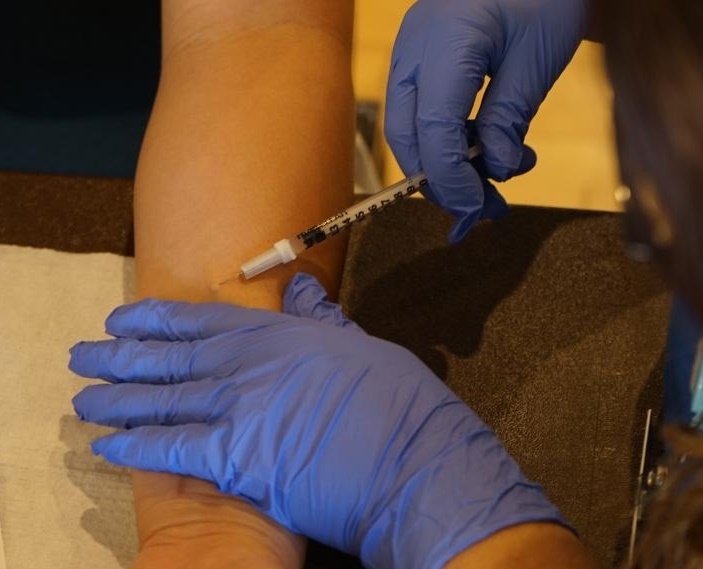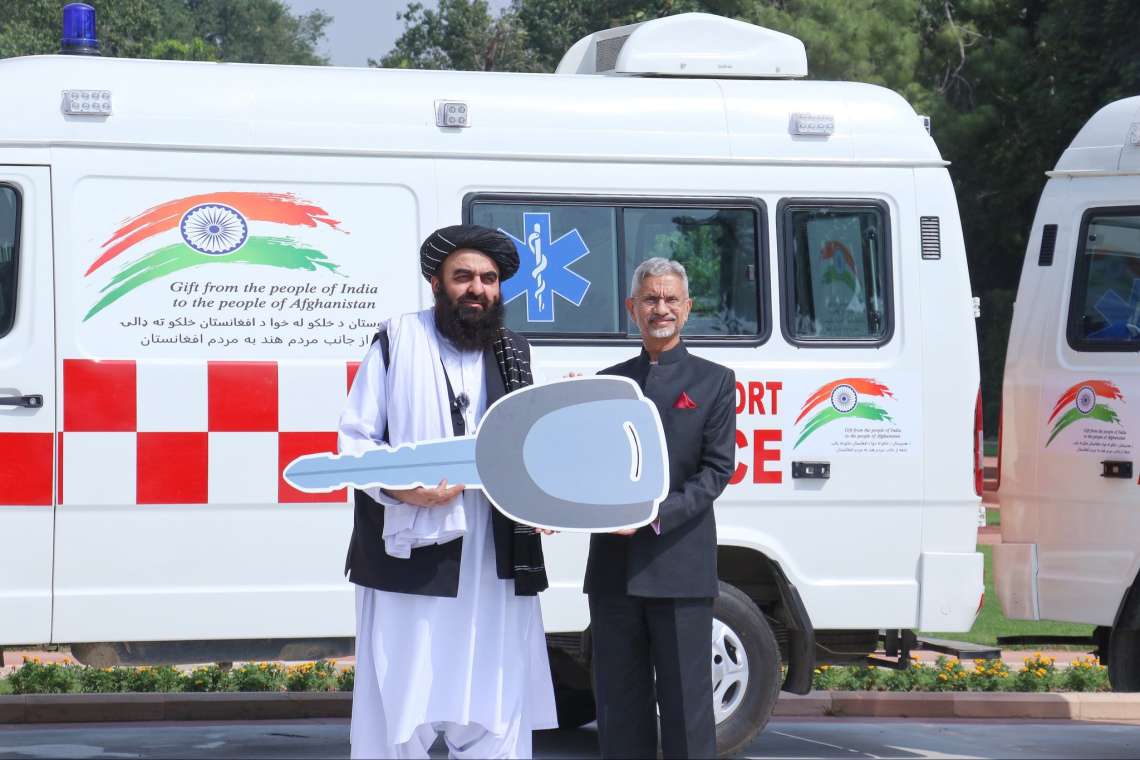Although Sri Lanka successfully eliminated measles, cases were reported in certain areas last year, according to Tissera…reports Asian Lite News
Sri Lanka’s Ministry of Health has launched a special measles vaccination programme from Monday and running until November 9, targetting selected districts in response to recent cases of the disease.
Hasitha Tissera, a senior epidemiologist at the Ministry of Health, announced that the programme will be conducted in 12 districts across the country.
Although Sri Lanka successfully eliminated measles, cases were reported in certain areas last year, according to Tissera.
This programme specifically targets young people who, for various reasons, did not receive the full dose of the measles vaccine, Xinhua news agency reported.
The Measles, Mumps, and Rubella (MMR) vaccine was introduced into Sri Lanka’s immunisation programme in 1984. A second dose was added in 2001 to strengthen immunity levels, and in 2019, the World Health Organization declared Sri Lanka measles-free.
However, a global drop in immunisation coverage between 2020 and 2022 impacted many countries in the region, contributing to a resurgence of measles cases, including in Sri Lanka, UNICEF reported earlier this year.
Afghanistan reports spike in measles cases
Measles cases are surging in Afghanistan, with nearly 6,000 positive cases in 2024, according to the latest data from the country’s Ministry of Public Health.
“Out of 10,000 suspected measles cases in 2024, nearly 6,000 cases have tested positive, showing an increase compared to 2023,” local media quoted the ministry’s spokesperson, Sharafat Zaman Amarkhil, as saying on Monday.
The ministry planned to launch a measles vaccination campaign across the country to prevent disease outbreaks, said Amarkhil.
Vaccination is the most effective way to prevent measles, reports Xinhua news agency, quoting local media outlet TOLOnews.
Measles is an extremely infectious disease caused by a virus. It spreads easily when infected people breathe, cough or sneeze. An individual infected with measles can infect nine out of 10 unvaccinated individuals with whom they come in close contact.














